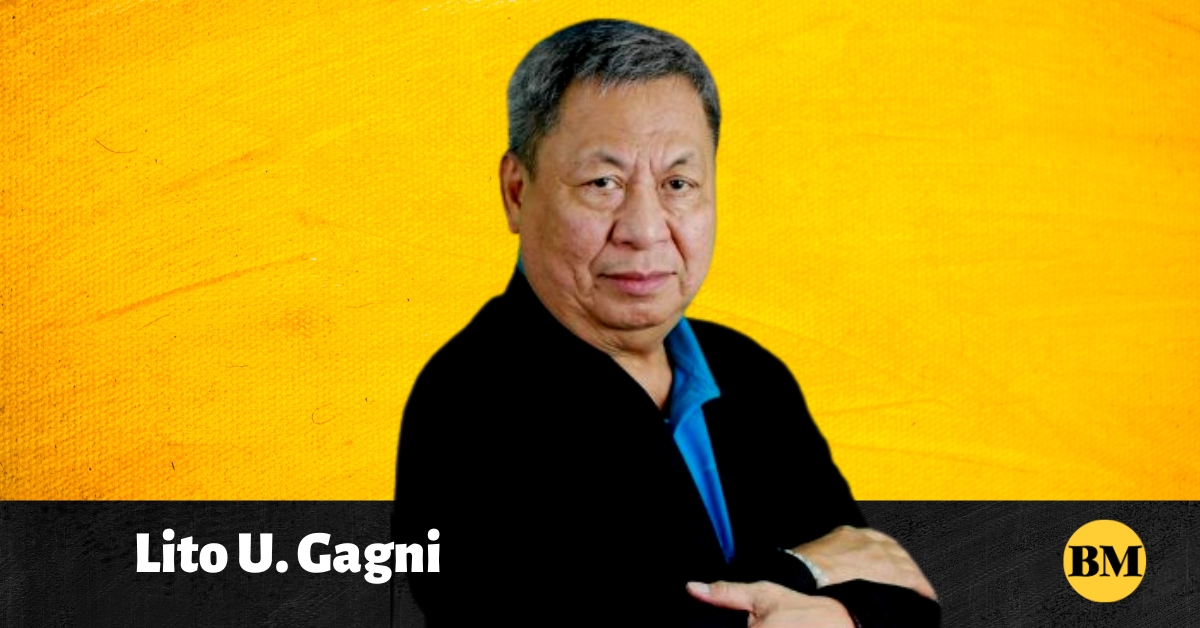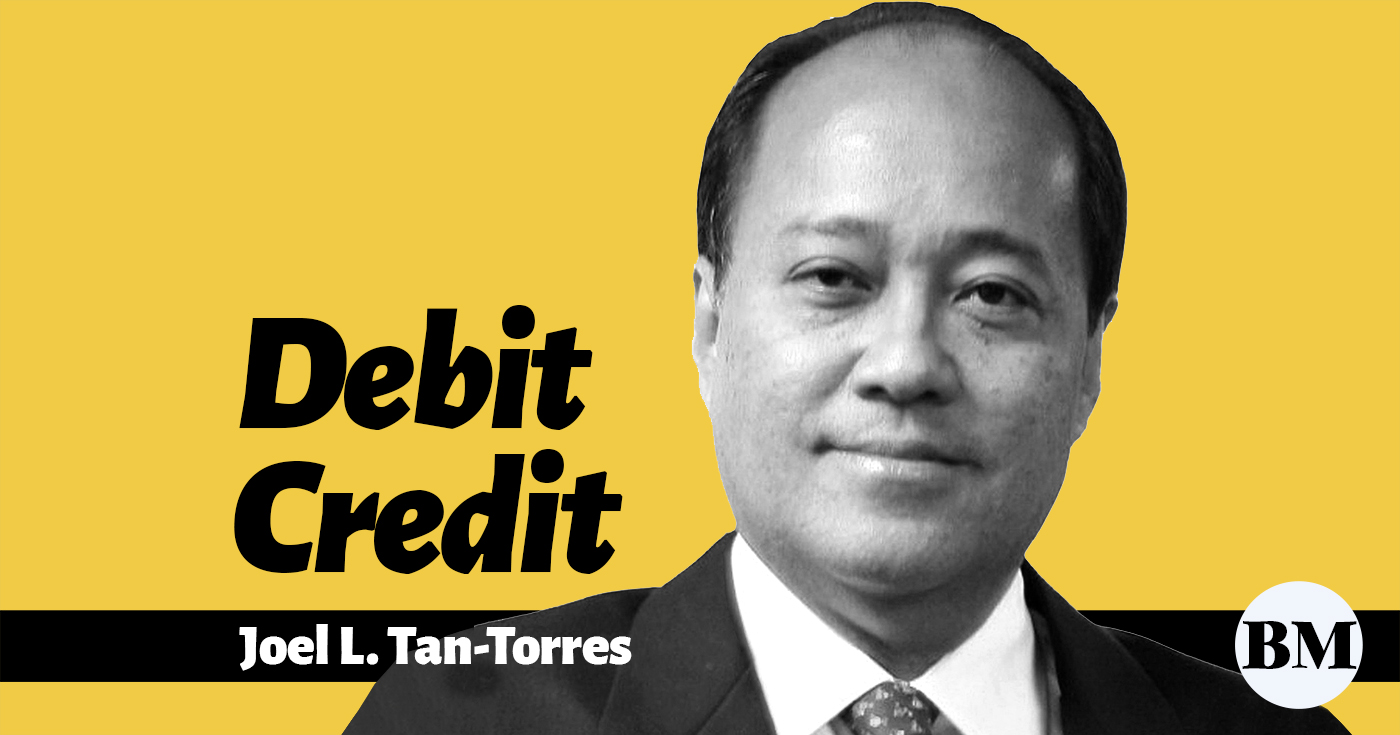
Truth in itself is complicated. Especially when it doesn’t favor us, it can stare us in the eye and we wouldn’t know any better. Throw in there a mix of half-truths and you get the formula for disaster. Misinformation breeds disinformation, and disinformation breeds a culture of deceit, distrust and cynicism.
US elections challenged
Outgoing US President Barack Obama, in a speech, commented on how “so many people get their information and sound bytes and snippets off their phones,” referring to social media. Then came his thought-provoking postulation: “If we can’t discriminate between serious arguments and propaganda, then, we have problems.”
The issue of online “fake news” surfaced, particularly in the US media, when some quarters began correlating the unanticipated victory of Donald J. Trump over Hilary Clinton to the alleged proliferation of fake news stories about Clinton leading to the recent US presidential election.
One newspaper reported that, based on a BuzzFeed News analysis, “the 20 top-performing bogus stories from hoax web sites and extremely partisan blogs generated slightly more than 8.7 million “Shares” on Facebook to just 7.4 million from major news web sites, in the three months before the election.” No wonder one Facebook user even claimed to have put Trump in the White House. Depending on his online clout, we can cut the guy some slack. After all, according to Pew Research Center, 62 percent of US adults get news from a social-media networking site.
While they debate on the boon-or-bane merit of social media, back here in the Philippines, we are also assaulted by a deluge of massive information overload that redound to irksome social-media noise.
Dangerous news
But fake news is not only irksome, it is also harmful and dangerous. Unless due diligence is done, it can actually pass for a factual story and deceive even the supposedly most discerning.
If even intelligence experts fall for online hoaxes, how do we discriminate between real and fake news?
In an episode of CBS This Morning television program, resource speakers on fighting fake news online gave three cues on how to spot a fake news story: First, check the account history of source. Second, check the images used in a story since images from a legitimate live event are often reused by fake storytellers with an intent to deceive. Third, check story for context. At a time when random blogs pass for legitimate news sources, I say there is still no substitute for vigilant fact-checking. And as rabid information consumers, we share with information producers the same amount and degree of responsibility to always speak and share the truth.
Defend truth
Before we hit those “Like” and “Share” buttons on our social-media accounts, we have to be certain about the veracity of the story we are about to share. If we intend to merely humor our friends online, it wouldn’t hurt if we’d include a cautionary word in our message board that it’s a satirical piece and that everything is just for fun. And we can do extra-cautionary contextualization also if what we mean to share is legit and to be taken seriously.
Free media, like social media, has afforded us unprecedented access to virtually limitless information, and information is power. Rather than corrupt and be corrupted by this power, let us instead choose to help create a culture that reveres veracity and honors truth, particularly in news reporting.
New York Times columnist Jim Rutenberg, in his column Media’s Next Challenge: Overcoming the Threat of Fake News, opined: “The cure for fake journalism is an overwhelming dose of good journalism.” He was optimistic that the explosion in fake news will serve to raise the value of real news.
“If so, it will be great journalism that saves journalism,” he asserted.
Considering that media remains a democracy’s Fourth Estate, I most certainly hope so.
For comments and suggestions arielnepo.businessmirror@gmail.com
























